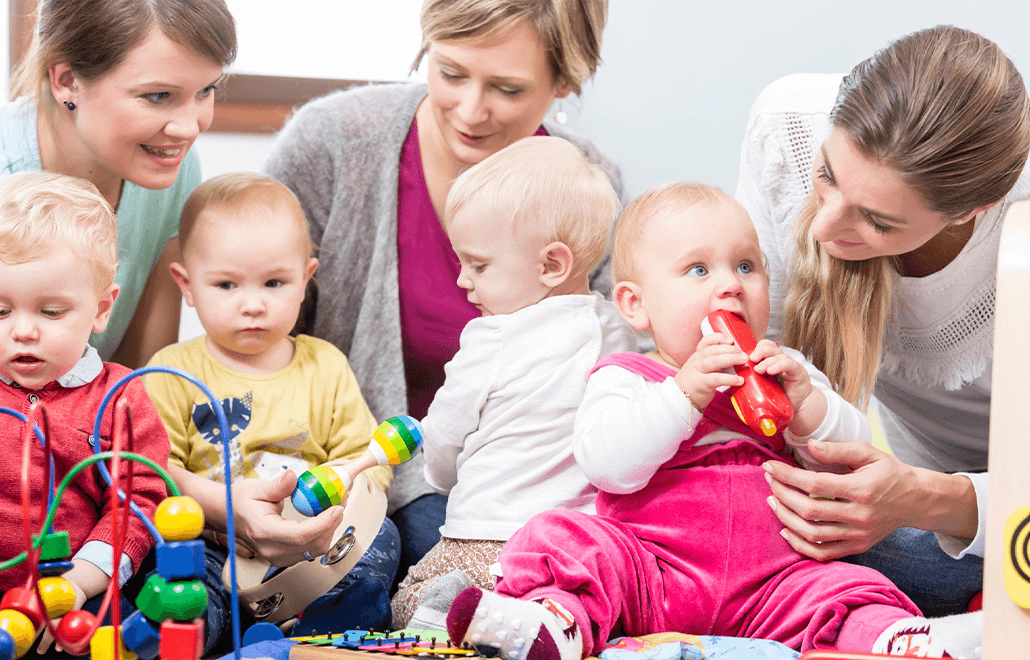
11 Sep How Can Play Contribute to a Child’s Growth and Development?
3 min. readPlaytime is more than just a break from the daily grind—it’s a crucial part of your child’s development. From the moment they’re born, children are hardwired to learn through play, and this innate drive is vital for their growth and development. Here’s how playtime can significantly contribute to your child’s overall well-being and development.
Unleashing Creativity and Imagination
One of the most delightful aspects of play is its ability to spark creativity and imagination. When children engage in pretend play, they step into new roles and scenarios, exploring different aspects of the world around them. Whether they’re pretending to be a chef in a play kitchen or a superhero saving the day, this kind of imaginative play helps develop their cognitive abilities, problem-solving skills, and creativity. It’s through these playful experiences that kids learn to think outside the box and navigate various situations.
Enhancing Cognitive Skills
Play isn’t just fun; it’s fundamental to cognitive development. Activities like building with blocks, solving puzzles, or playing memory games challenge your child’s brain to think critically and strategically. These experiences promote the development of important skills such as spatial awareness, logic, and memory. For instance, constructing a tower out of blocks requires understanding spatial relationships and balancing, which fosters problem-solving and fine motor skills.
Building Social and Emotional Skills
Playtime also plays a vital role in social and emotional development. Engaging in group play helps children learn important social skills such as sharing, cooperation, and empathy. When kids play with others, they practice negotiating, turn-taking, and understanding different perspectives. Additionally, play provides a safe space for children to express their feelings and manage their emotions. Through role-playing and interactive games, they learn how to navigate their emotions and build healthy relationships.
Promoting Physical Development
Don’t overlook the physical benefits of play! Active play, such as running, climbing, or dancing, supports your child’s physical development by improving their coordination, strength, and motor skills. Outdoor play and physical activities help develop gross motor skills, which are essential for tasks like walking, jumping, and balancing. Moreover, regular physical activity contributes to overall health and can help prevent obesity and related health issues.
Fostering Language Development
Play is also a fantastic way to enhance language skills. Whether it’s through storytelling during pretend play or describing the actions and objects during an activity, children are constantly using and expanding their vocabulary. Engaging in conversations with caregivers and peers during playtime encourages the development of communication skills and language comprehension.
Creating a Supportive Play Environment
To maximize the benefits of play, it’s essential to create an environment that encourages exploration and creativity. Provide a variety of toys and materials that stimulate different aspects of development—such as building blocks, art supplies, and books. Allow your child the freedom to explore and experiment, and be supportive of their interests and ideas.
In summary, play is an invaluable tool for fostering your child’s growth and development. It’s through playful experiences that children learn, grow, and thrive. So the next time you see your child immersed in a game or an imaginative scenario, know that they are not only having fun but also building the foundation for a lifetime of learning and development. Embrace play as an essential part of your child’s daily routine, and watch them flourish in all aspects of their life.

